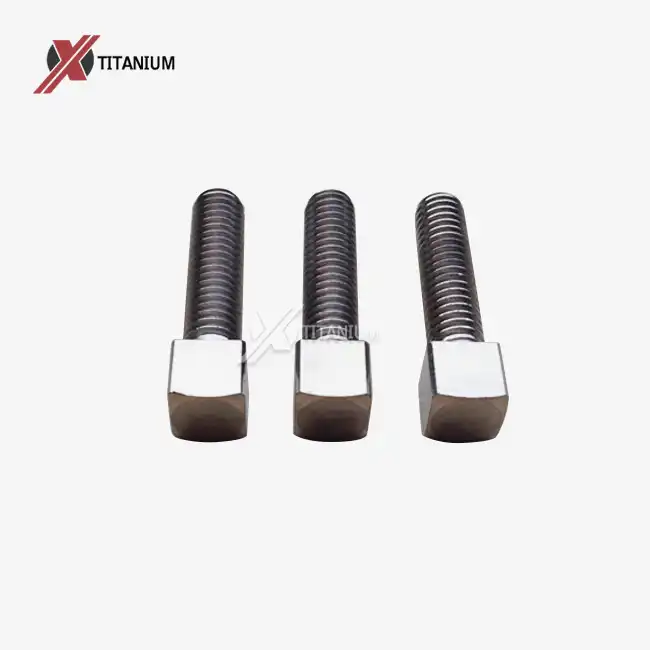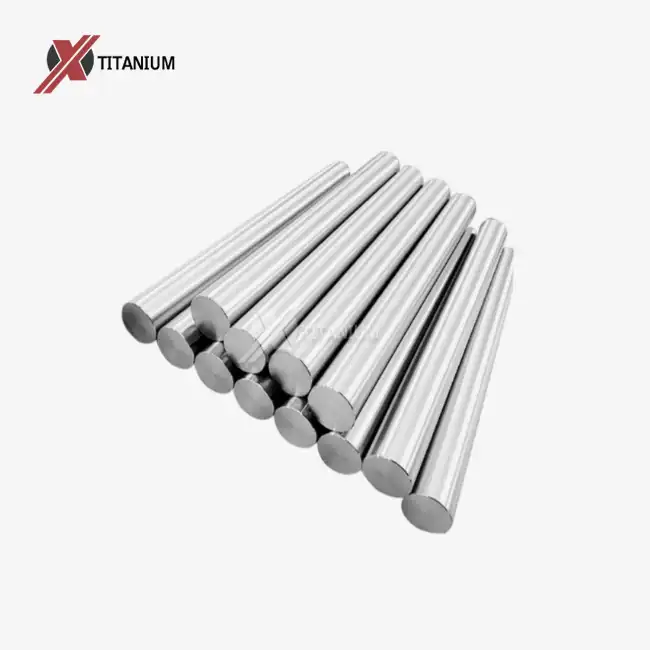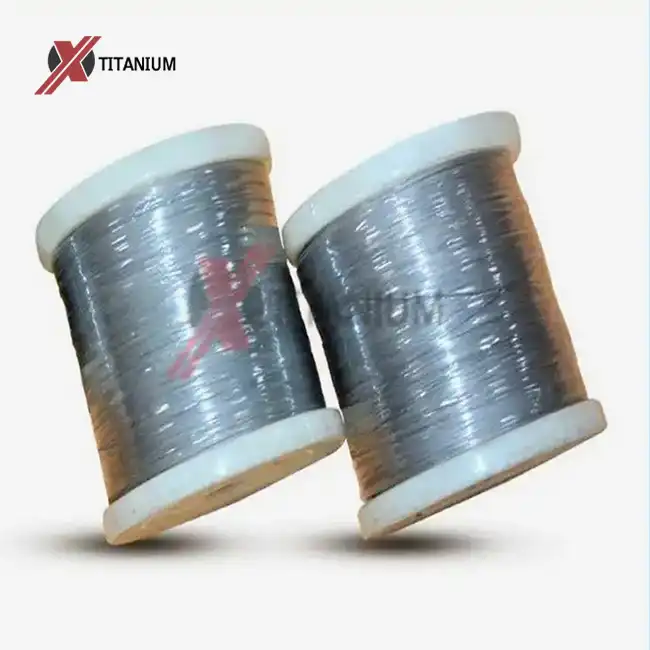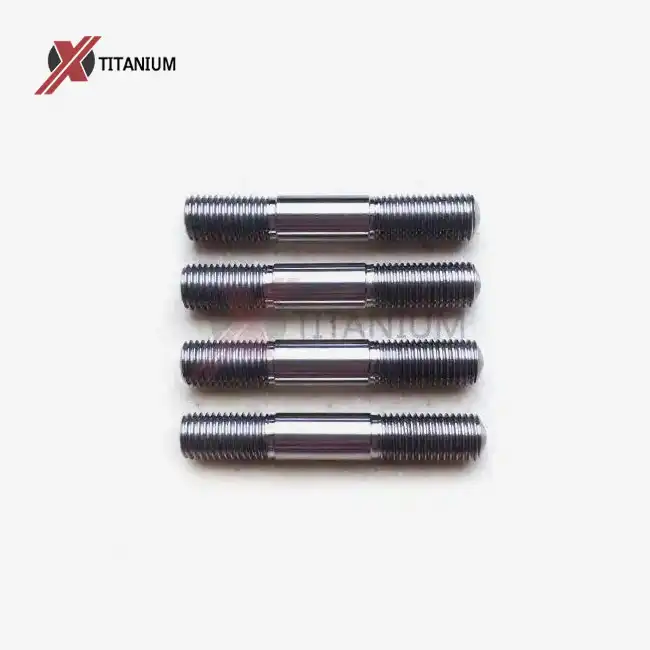- English
- French
- German
- Portuguese
- Spanish
- Russian
- Japanese
- Korean
- Arabic
- Greek
- German
- Turkish
- Italian
- Danish
- Romanian
- Indonesian
- Czech
- Afrikaans
- Swedish
- Polish
- Basque
- Catalan
- Esperanto
- Hindi
- Lao
- Albanian
- Amharic
- Armenian
- Azerbaijani
- Belarusian
- Bengali
- Bosnian
- Bulgarian
- Cebuano
- Chichewa
- Corsican
- Croatian
- Dutch
- Estonian
- Filipino
- Finnish
- Frisian
- Galician
- Georgian
- Gujarati
- Haitian
- Hausa
- Hawaiian
- Hebrew
- Hmong
- Hungarian
- Icelandic
- Igbo
- Javanese
- Kannada
- Kazakh
- Khmer
- Kurdish
- Kyrgyz
- Latin
- Latvian
- Lithuanian
- Luxembou..
- Macedonian
- Malagasy
- Malay
- Malayalam
- Maltese
- Maori
- Marathi
- Mongolian
- Burmese
- Nepali
- Norwegian
- Pashto
- Persian
- Punjabi
- Serbian
- Sesotho
- Sinhala
- Slovak
- Slovenian
- Somali
- Samoan
- Scots Gaelic
- Shona
- Sindhi
- Sundanese
- Swahili
- Tajik
- Tamil
- Telugu
- Thai
- Ukrainian
- Urdu
- Uzbek
- Vietnamese
- Welsh
- Xhosa
- Yiddish
- Yoruba
- Zulu
Applications of Titanium Fasteners in the Automotive Industry
Titanium, known for its strength, corrosion resistance, and lightweight properties, has become an indispensable material in various industries, particularly in the automotive sector. Titanium fasteners, such as bolts, nuts, washers, and screws, play a critical role in enhancing vehicle performance, safety, and durability. As the automotive industry continues to evolve, the need for more efficient, high-performance materials becomes increasingly important, especially in the design of lightweight and high-strength components. In this article, we will explore the applications of titanium fasteners in the automotive industry and discuss the benefits they bring to vehicle design and performance.
1. Introduction to Titanium in the Automotive Industry
Titanium is a transition metal with impressive mechanical properties that make it ideal for high-stress, high-temperature applications. It is strong, lightweight, and resistant to corrosion, especially in harsh environments such as those found in automotive applications. Titanium fasteners are designed to meet the demanding requirements of the automotive industry, where reliability, performance, and safety are paramount.
Titanium fasteners have found applications in various parts of vehicles, including engine components, chassis, suspension systems, and exhaust systems. These fasteners are particularly useful in high-performance and luxury vehicles, where reducing weight while maintaining strength is a priority.
2. Advantages of Titanium Fasteners in Automotive Applications
Titanium fasteners offer several advantages over traditional materials like steel, aluminum, and carbon-based composites. Some of the key benefits include:
a. High Strength-to-Weight Ratio
One of the most notable properties of titanium is its high strength-to-weight ratio. Titanium is stronger than steel yet significantly lighter, which makes it an ideal material for automotive fasteners. The use of titanium fasteners can reduce the overall weight of the vehicle, contributing to better fuel efficiency, improved handling, and enhanced overall performance. Lightweight fasteners are especially critical in the automotive industry, where weight reduction directly impacts fuel economy and performance.
b. Corrosion Resistance
Titanium is highly resistant to corrosion, which makes it an ideal choice for automotive applications exposed to moisture, road salts, and other corrosive elements. Fasteners made from titanium are resistant to rust and deterioration, ensuring long-term durability and reliability. This corrosion resistance extends the lifespan of automotive components and reduces the need for frequent maintenance or replacements.
c. Heat Resistance
Titanium fasteners can withstand high temperatures without losing their mechanical properties. This heat resistance is essential in automotive applications such as engines, exhaust systems, and brake components, which operate under extreme conditions. Titanium can maintain its strength and structural integrity even at elevated temperatures, making it a preferred choice for high-performance and racing vehicles.
d. Fatigue Resistance
Titanium’s resistance to fatigue is another significant advantage in automotive applications. In vehicles subjected to constant vibration, stress, and load cycles, titanium fasteners can endure repeated stress without failing or breaking. This makes titanium an ideal material for critical automotive components where the risk of fatigue failure can result in catastrophic consequences.
3. Applications of Titanium Fasteners in the Automotive Industry
Titanium fasteners are used in various automotive applications, ranging from engine components to structural parts. Below are some of the primary areas where titanium fasteners provide significant benefits.
a. Engine Components
The engine is one of the most demanding areas in a vehicle, requiring materials that can withstand high temperatures and constant stress. Titanium fasteners are commonly used in engine components, including cylinder heads, pistons, camshafts, and connecting rods. These fasteners help maintain the structural integrity of the engine while reducing weight. In high-performance and motorsport applications, where every gram counts, the use of titanium fasteners is critical to achieving optimal performance.
b. Exhaust Systems
The exhaust system in a vehicle is exposed to high temperatures and corrosive gases, making corrosion resistance and heat tolerance essential. Titanium fasteners are used to secure various parts of the exhaust system, such as the exhaust manifold, catalytic converter, and muffler. Titanium’s resistance to corrosion ensures that these fasteners do not degrade over time, even when exposed to the harsh conditions of exhaust gases. Additionally, titanium’s light weight helps reduce the overall weight of the exhaust system, contributing to improved vehicle performance.
c. Suspension and Chassis
The suspension system and chassis are subjected to constant stress, impact, and vibration. Titanium fasteners are used in these critical areas to enhance strength, reduce weight, and improve overall performance. In racing and high-performance vehicles, titanium fasteners are often used in the suspension arms, shock absorber mounts, and other key components to ensure optimal performance under extreme conditions. The use of titanium in these areas also helps to reduce the overall weight of the vehicle, which can improve handling and acceleration.
d. Wheels and Brake Systems
Titanium fasteners are increasingly being used in the construction of wheels and brake systems, especially in motorsports and luxury vehicles. Titanium’s strength and lightweight properties make it an ideal material for securing brake calipers, rotors, and other critical components. Additionally, titanium fasteners can be used in wheel lug nuts to ensure secure attachment while reducing the overall weight of the wheel assembly. This weight reduction can improve handling and braking performance, crucial for high-performance vehicles.
e. Interior Components
In luxury and high-performance vehicles, every detail matters, and titanium fasteners are used in various interior components to provide both functionality and aesthetic appeal. Titanium is often used in fasteners for dashboard assemblies, seat frames, and other interior components. The sleek and modern appearance of titanium fasteners also complements the high-end design of luxury vehicles.
4. Challenges and Considerations in Using Titanium Fasteners
While titanium fasteners offer numerous advantages, there are some challenges and considerations that manufacturers must keep in mind when incorporating them into automotive designs.
a. Cost
Titanium is more expensive than other materials like steel or aluminum, which can increase the overall cost of production. This makes titanium fasteners more commonly used in high-performance, luxury, or racing vehicles, where performance outweighs cost considerations. However, as manufacturing processes improve and demand for titanium increases, the cost of titanium fasteners may decrease over time.
b. Machining and Fabrication
Titanium is more challenging to machine and fabricate compared to other metals. It requires specialized tools and processes to ensure precise manufacturing. This can increase lead times and production costs. However, with advances in machining technologies, the efficiency of producing titanium fasteners is improving, making them more accessible to the automotive industry.
5. Conclusion
Titanium fasteners are becoming increasingly popular in the automotive industry due to their unique combination of strength, lightweight properties, corrosion resistance, and heat tolerance. These fasteners play a crucial role in enhancing vehicle performance, safety, and longevity, particularly in high-performance and luxury vehicles. While the cost of titanium fasteners remains a challenge, their benefits far outweigh the drawbacks in applications where performance, durability, and weight reduction are critical. As the automotive industry continues to evolve, the use of titanium fasteners will likely increase, driving innovation and improving the performance of vehicles for years to come.
Incorporating titanium fasteners into automotive designs represents a step toward a more efficient, durable, and high-performance future for the industry.
Learn about our latest products and discounts through SMS or email



